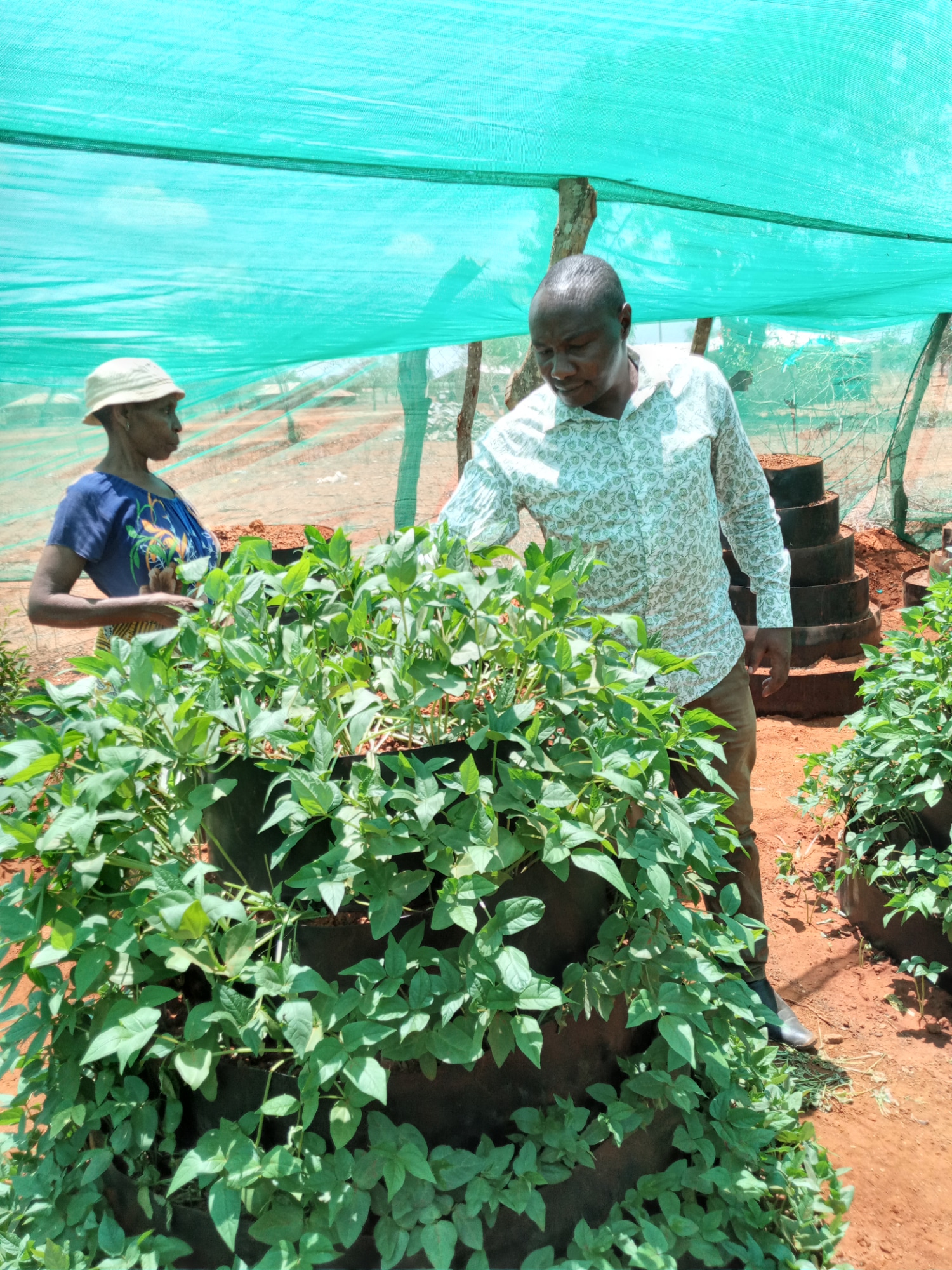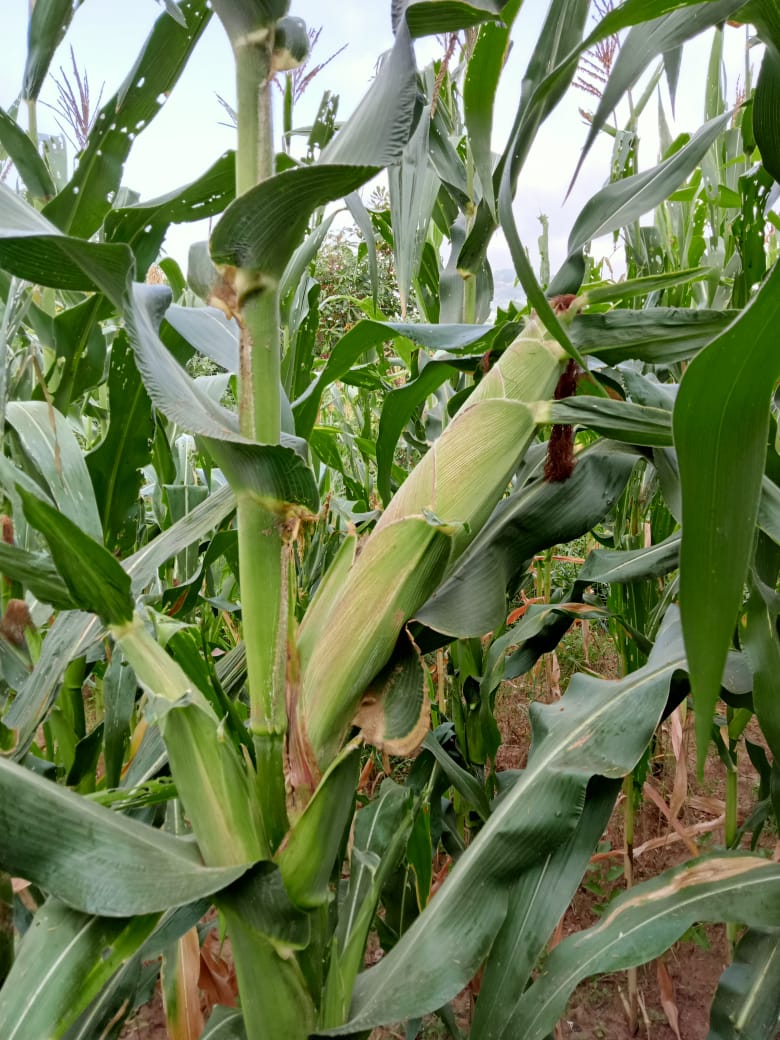
INTRODUCTION
Organic fields is a social-environmental enterprise that tries to solve the problem of market food waste from the municipal markets. It converts the waste into an organic fertilizer for use in crop production thus ensuring nutrient recycling and carbon sequestration into the soil.
FOOD WASTE
It’s a massive problem with a huge environmental cost due to pollution and the emission of greenhouse gasses that contribute to global warming.
Organic Fields converts provide a solution by converting these wastes into organic fertilizers that are environmental and cost-friendly to the farmers. This also reduces pressure on landfills and provide a long-term sustainable solution.
In addition, the waste going to the landfills is full of nutrients that can be recycled back into the soil to ensure sustainable food production.
SOLUTION
Reduce and upscale the food waste into organic fertilizer through controlled composting using microbes.
-
Happy Farmers Served.10,000+
-
Effective99.999%


